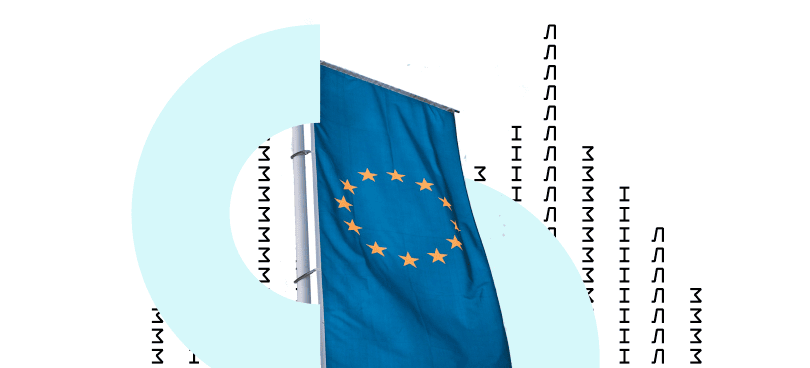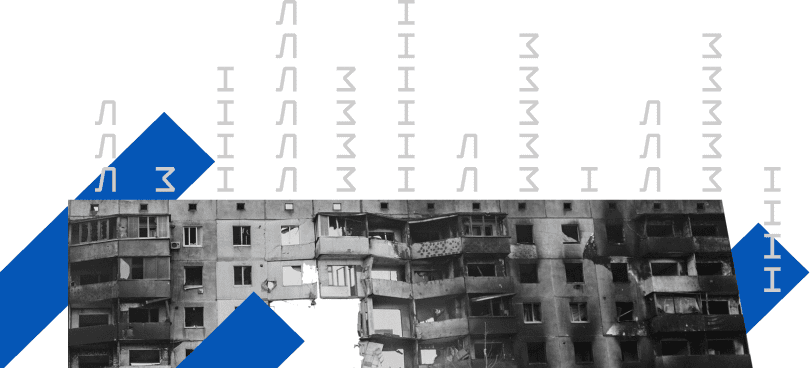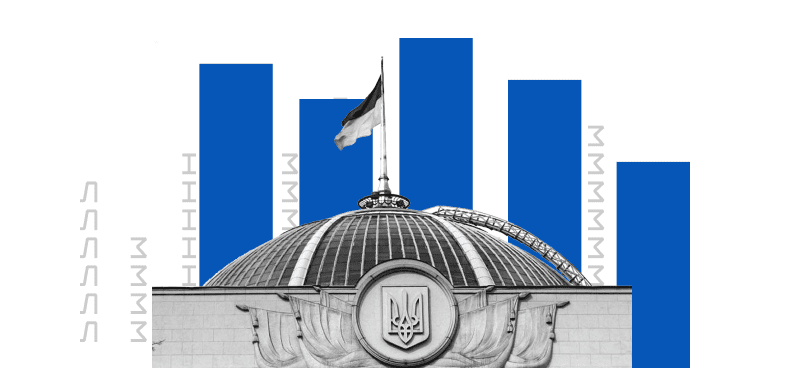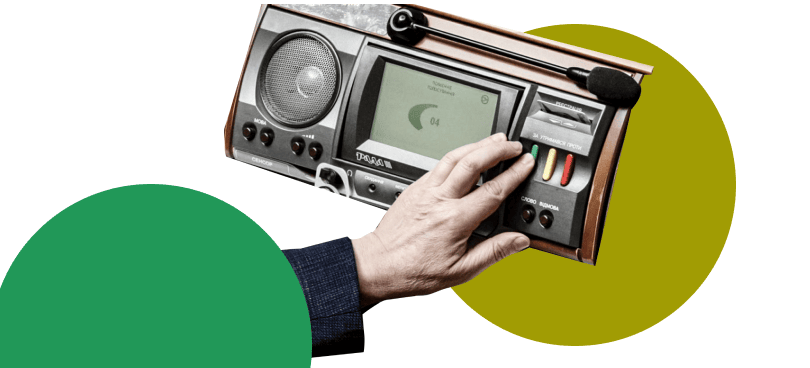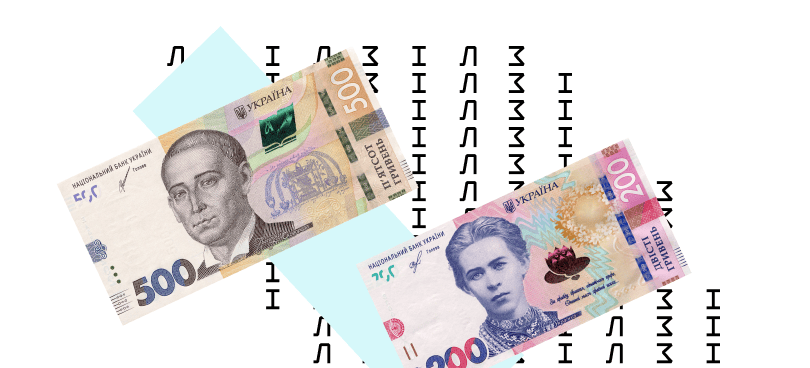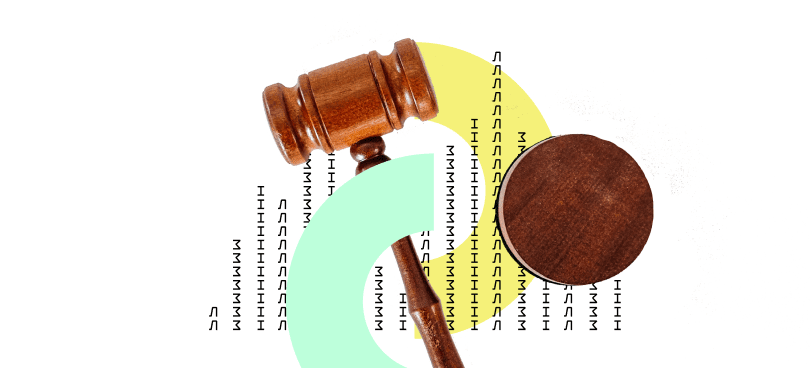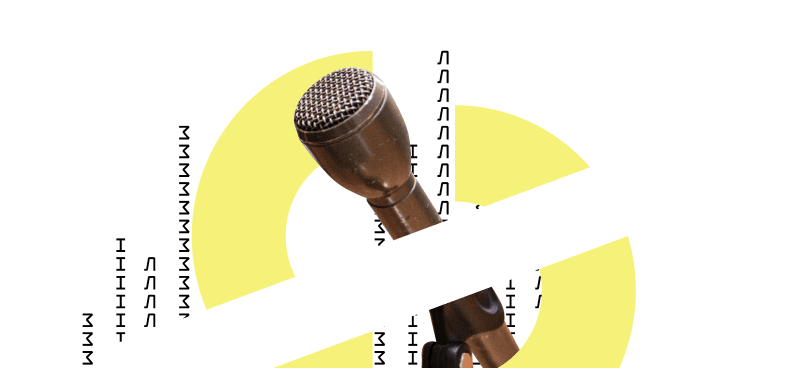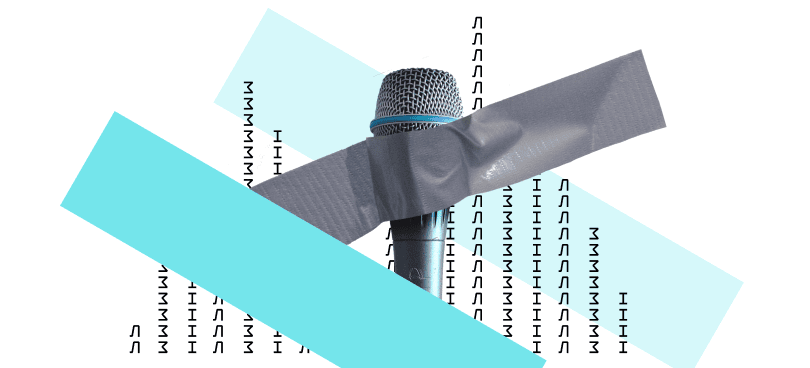ALI article for Dzerkalo Tyzhnia
The unethical behaviour of individual MPs makes the Verkhovna Rada look bad, but it is not because “all MPs are the same” (because it is very easy for them to expose themselves this way if we recall the last parliamentary elections) but because the Verkhovna Rada does not have effective mechanisms to distance itself from the people, which discredits the entire institution. And there’s no need to look far for examples.
The situation surrounding another scandal involving Mariana Bezuhla and her public statements on social networks highlighted the Verkhovna Rada’s inability to respond adequately to the MP’s controversial behaviour. In the course of the plenary session, MPs did not agree on removing her from the position of the deputy head of the Committee on National Security, Defence and Intelligence, which once again proved Verkhovna Rada’s inability to parliamentary self-regulation of unethical and overtly harmful conduct of MPs for a democratic institution. Ms Bezuhla’s statement about her expulsion from the Servant of the People party even sounds like bullying: the party managed to do it, but the parliament didn’t.
Current legislation certainly does not prohibit MPs from discussing and criticising certain processes in society, but Mariana Bezuhla’s behaviour has long gone beyond the limits of what is acceptable. The MP repeatedly used the public space to attack the military leadership, which can be considered a deliberate attempt to destroy the reputation.
However, during the current convocation, Bezuhla was not the only one involved in big scandals. Misunderstandings often occurred because of sexist claims (Vasyl Virastiuk and Oleksandr Dubinskyi), offensive behaviour and even fights.
Such actions harm the image and destroy trust not only in individual MPs but also in the entire current convocation of the Verkhovna Rada and the parliament in general. While in other countries, unethical behaviour may lead to the loss of the mandate, the Ukrainian parliament is still significantly limited in its ability to influence MPs’ actions. The latest survey from the Kyiv International Institute of Sociology shows that trust in Ukraine’s state institutions is steadily decreasing, and the Verkhovna Rada is losing it the fastest. Thus, the share of respondents who trust the Verkhovna Rada dropped from 58% in May 2022 to 21% in October 2023. Standardising the rules of ethical behaviour of MPs in the public space would help address this issue, but the Verkhovna Rada constantly shelves this issue.
Why is it almost impossible to influence the unethical behaviour of MPs now?
At present, the behaviour of MPs is regulated only partially. The Law of Ukraine, “On the Status of MPs of Ukraine,” and the Rules of Procedure of the Verkhovna Rada contain some rules of ethical conduct during plenary sessions.
For example, according to the rules of procedure, if during a speech, an MP resorts to insulting other MPs, the chair can impose a warning on them or stop the speech. In addition, an MP can be suspended from participating in at most five meetings for making offensive statements towards other parliamentarians. For this purpose, MPs or factions shall submit a respective application to the committee on the rules of procedure.
In 2021, Halyna Tretiakova, an MP from the Servant of the People party, received such punishment for making an offensive statement concerning the death of another MP, Anton Poliakov.
However, these norms are not sufficient and effective enough to prevent unethical acts and public scandals involving MPs outside the session hall. These scandals shake an already weak trust in the Verkhovna Rada and destroy the subjectivity of Ukraine’s most important democratic institution.
In addition, without the adopted Code of Conduct with clear norms, the sanctions concerning “unethical behaviour of MPs” can be applied selectively, which will create a vast scope for manipulation.
For example, the Verkhovna Rada repeatedly denied MP Heo Leros the right to participate in plenary meetings. After he was suspended from the Verkhovna Rada meetings in February 2023, the MP filed a lawsuit against the Verkhovna Rada and won – the decision was declared illegal. In its decision, the Supreme Court noted that, in accordance with the provisions of parts 4 and 5 of Article 51 of the Rules of Procedure of the Verkhovna Rada, the Verkhovna Rada can deprive an MP of the right to participate in plenary sessions if the latter uses offensive words against another MP or a parliamentary faction (an MP group). At the same time, “offensive — if they are considered as such — words about the Head of the Office of the President of Ukraine cannot be the legal basis for depriving an MP of Ukraine (…) of the right to participate in a plenary session of the Verkhovna Rada of Ukraine for more than half a year (under conditions of martial law in Ukraine).”
The decision is ready.
In late 2022, a group of MPs from various factions and groups, at the initiative of Viktoriia Podhorna, MP from the Servant of the People party, registered draft law No. 8327, “On Amendments to Certain Legislative Acts of Ukraine Regarding the Rules of Ethical Behaviour of MPs (Code of conduct).” It introduces uniform norms of ethical behaviour for MPs and forms a system of monitoring and control over their observation.
The working group on reform of the Verkhovna Rada of Ukraine has been devising key ideas and provisions embodied in this document for almost 10 years and two convocations. MPs of various convocations and factions, as well as representatives of the expert environment, including the Agency for Legislative Initiatives, were engaged. Therefore, the current version of the draft law was the result of intra-parliamentary consultations (that is, internal inter-party consensus). It was developed in cooperation with civil society and based on international experience and recognised principles: the document contains norms that are successfully applied in many countries.
According to the draft law, MPs will have to observe the norms of ethical behaviour not only inside the building of the Verkhovna Rada but also in professional activities on the whole — in the course of communication with colleagues and other officials, in the media, on social networks, etc. The MP will have to refrain from obscene language, humiliating, offensive or discriminatory statements (oral and written), and any actions that degrade human dignity or a group of people based on race, political, religious beliefs, etc. At the same time, these norms will not affect the behaviour of MPs in private life.
The draft law also stipulates the creation of a separate committee within the Verkhovna Rada, which will be responsible for monitoring and observing the discipline and rules of MP ethics. The committee will consider complaints against MPs who have violated parliamentary ethics, will address issues of their responsibility in case of identified violations, and will report to the parliament based on its powers.
The document offers a wide range of sanctions for violations of ethical norms. If the violation occurs once, the MP will receive a warning from the Ethics Committee; if it occurs twice during the year, the MP will be required to attend a course on compliance with the norms of MP ethics, during which they will be suspended from participating in plenary sessions. Subsequent violations may result in the deprivation of the right to attend not only plenary sessions but also meetings of committees, temporary investigative or special commissions for a period of up to one month, as well as deprivation of payments.
If the current convocation of the Verkhovna Rada had passed this law, it would have received the effective Code of Conduct by now. This would force many MPs to reconsider their behaviour and statements in public space. The parliament would have a clear mechanism to combat the unprofessional behaviour of some of its representatives, which would permit it to distance itself from reputational problems caused by individuals. In addition, the legal possibility of “punishing” the offender will increase the subjectivity of the parliament.
The draft law exists. Why is it not yet approved?
For more than a year, the draft law has stayed on the shelves of the Verkhovna Rada offices without any progress in its legislative path. This is primarily because many new MPs do not understand the importance of the Code of Conduct for the Verkhovna Rada, while some long-time MPs do not want to adjust their behaviour in accordance with the upcoming new rules.
However, Pat Cox, the “Western auditor,” ex-president of the European Parliament and chief facilitator of the Monet Dialogues (MP platform for parliamentary reform approval), has traditionally made this matter relevant all over again. In January, another round of Dialogues took place in Kyiv, during which Mr Cox tried to find a compromise between the initiators of the Code of Conduct and their opposition. The latter, represented by the chair of the regulatory committee, Serhii Kalchenko, proposed her own version of the code with her own rules and principles of conduct. But still, this alternative, as it often happens in Ukrainian law-making practice, creates only a visible solution to the problem.
The committee’s version of the draft law has not yet acquired the form of a registered draft law. However, the document has already been distributed among some MPs involved in this issue. MPs who received the text note that it stipulates only minimal changes to the current legislation. Provisions contained in it contradict world practice and do not establish effective mechanisms for monitoring compliance with parliamentary code of conduct (MP ethics).
This is only the tip of the iceberg in terms of problems concealed in the committee’s proposals. A closer look at the document reveals a number of other drawbacks:
- If this draft law is adopted, it will become effective only for the “successors” — the X convocation. The current convocation will not receive the Code of Conduct. On the one hand, setting rules you are not going to follow yourself is not a good scenario, and on the other hand, unethical behaviour will remain the “norm” for some current MPs. According to the logic of international standards, the parliament adopting the code shall demonstrate leadership and serve as a role model in its implementation.
- The principles and the norms of MP behaviour correlate with the norms of the current legislation or even duplicate them; they are not harmonised with international standards.
- They propose to limit the rules of ethical behaviour exclusively to the parliament, although relevant norms are already prescribed in the rules of procedure. This is a narrow interpretation of the rules of ethics for MPs, and it does not change the existing situation.
- The body responsible for controlling MPs’ discipline and ethics will be set up according to the general quota, i.e., without observing the principle of parity (50% of coalition representatives and 50% of the opposition) or gender parity.
- There are no mechanisms for contesting the committee’s decisions regarding MPs or the possibility to arrange training for them and provide recommendations as to their behaviour. The committee is not obliged to report on its work. Such changes will mean removing the specialised committee from the process of setting up the institute of responsibility of Ukrainian MPs.
Thus, the Committee on the Rules of Procedure completely reworded the text, having excluded the provisions on which parliamentarians and the expert environment had reached a compromise before. While the main draft law is close to the standards and norms adopted globally, alternative proposals of the committee, in case of their adoption, will nullify the very idea of creating the Code of Conduct for MPs and will distance the legislation of Ukraine in this area from generally accepted standards.
Adopting the version of the Code of Conduct for MPs developed by the Working Group on the Reform of the Verkhovna Rada of Ukraine is an important and necessary step for the institutional development of the Verkhovna Rada of Ukraine. This document complies with international practice and introduces effective control mechanisms over MPs’ ethical behaviour. The very fact of its adoption will show that the parliament is guided by global values and practices in its work and relies upon a culture of dignity and integrity before society. Adoption of this law will introduce distinct criteria for assessing an MP’s ethical behaviour, and the unethical behaviour of some MPs will not undermine the subjectivity of the Verkhovna Rada.


